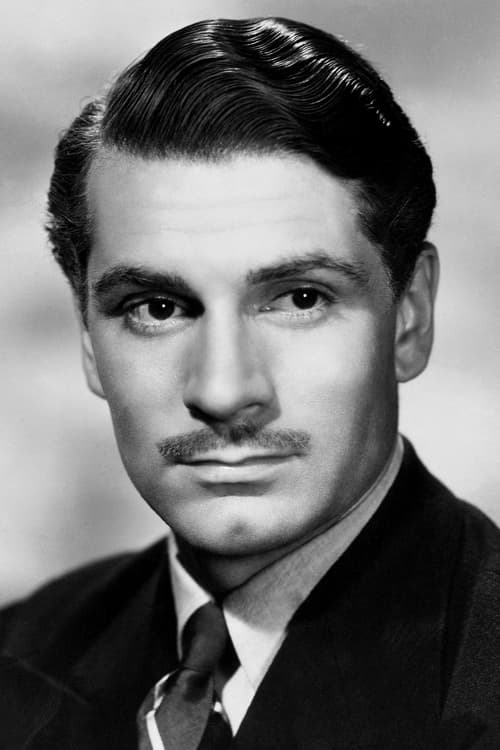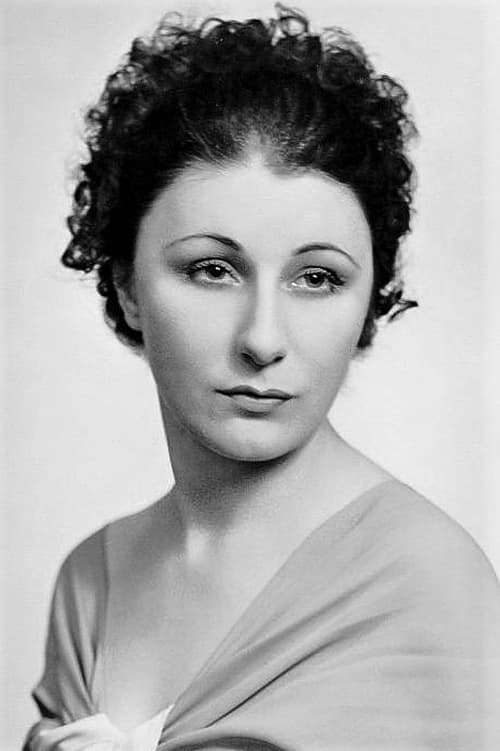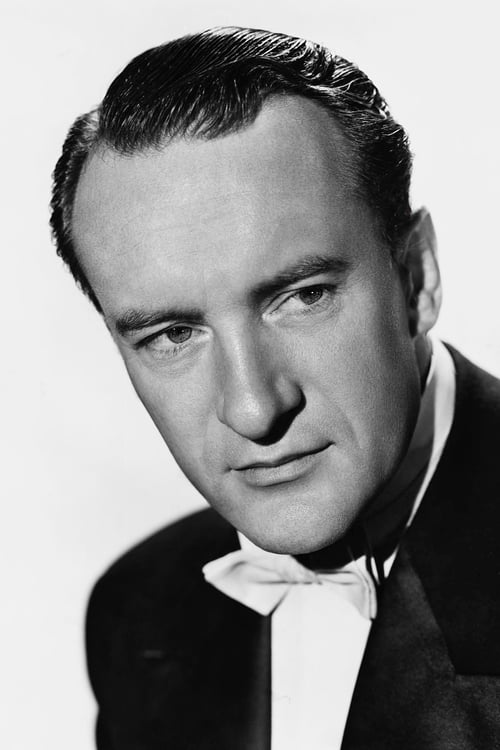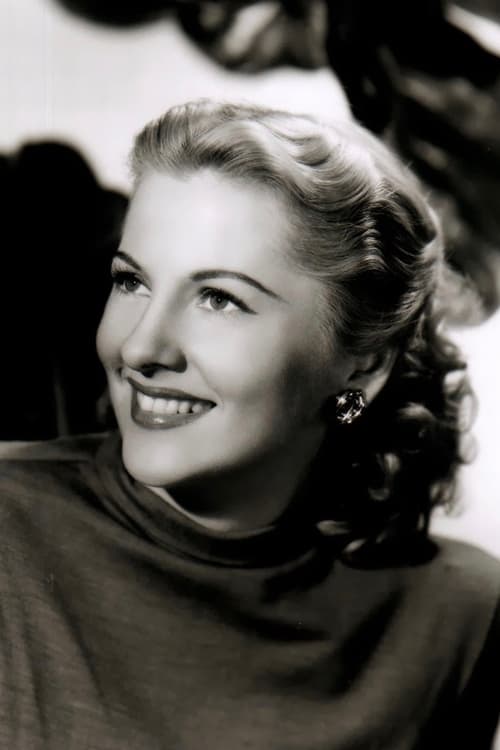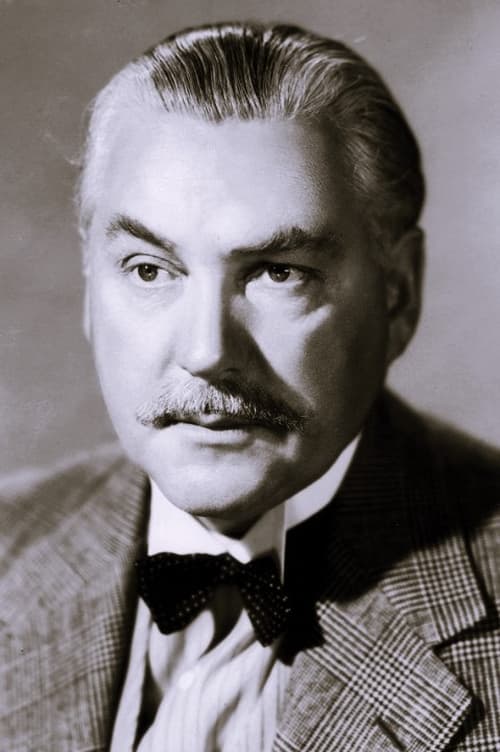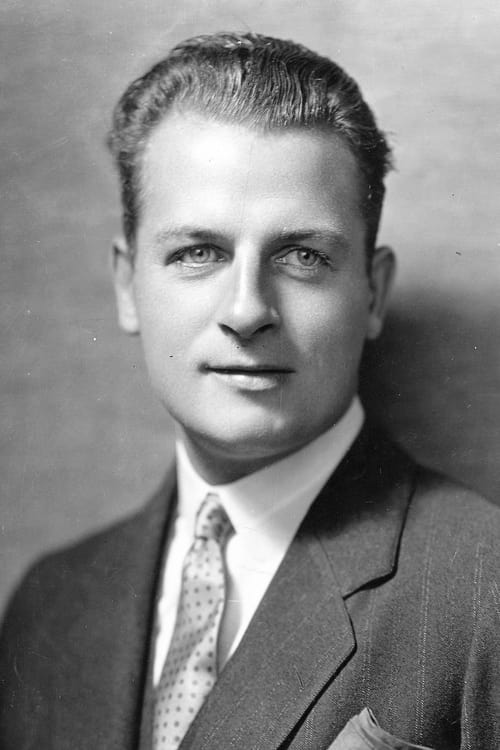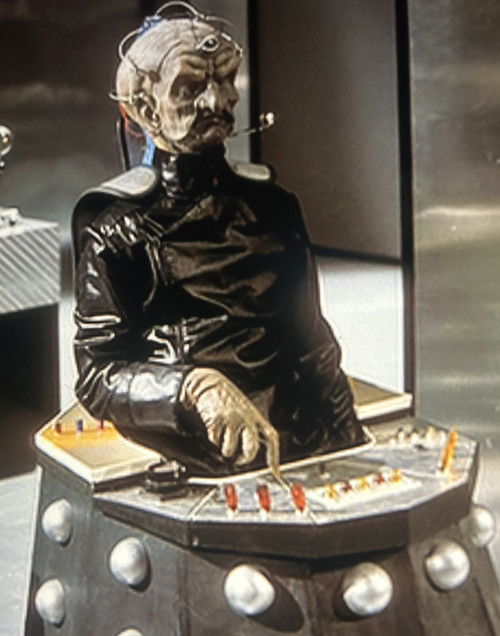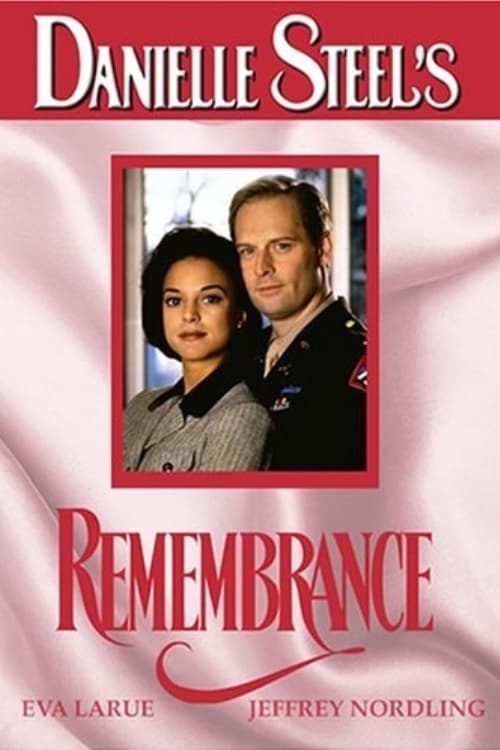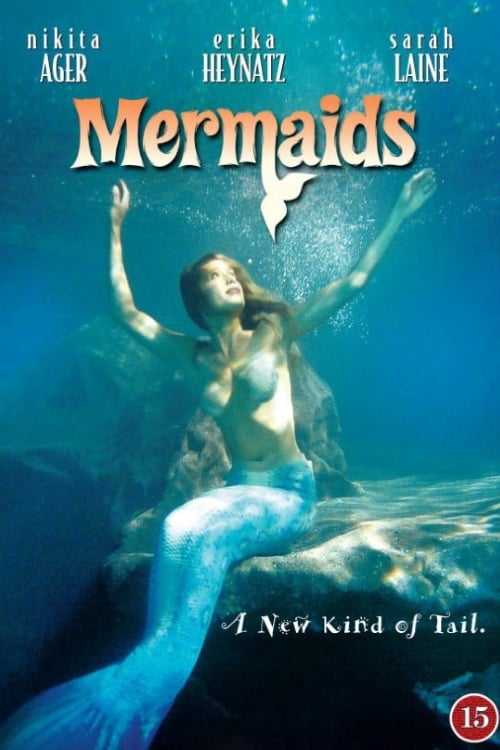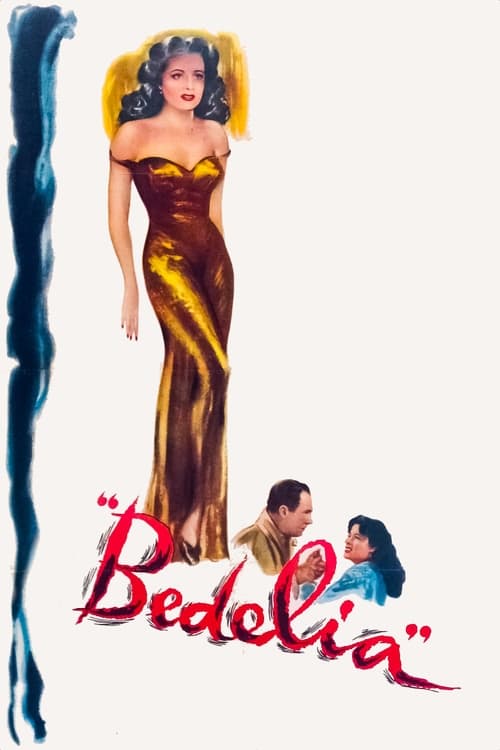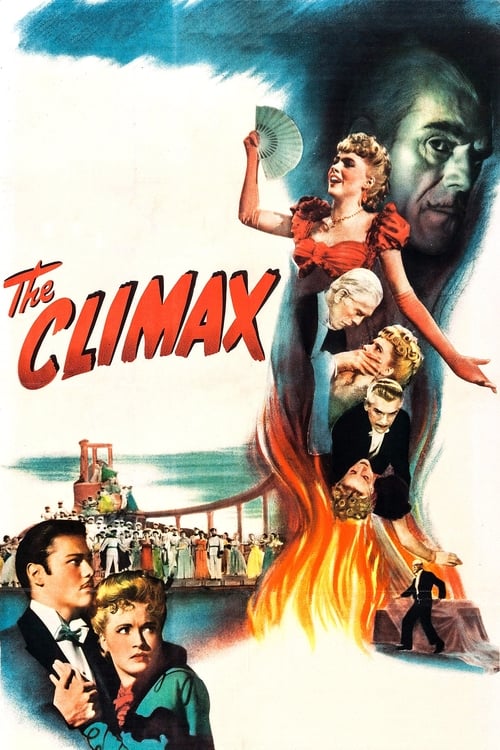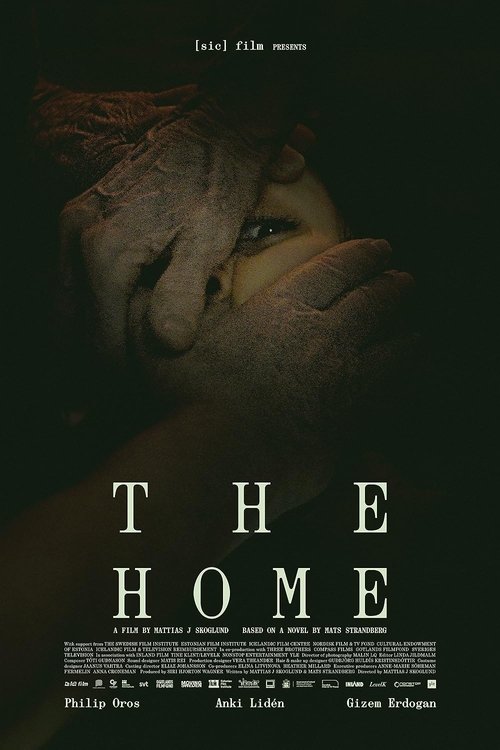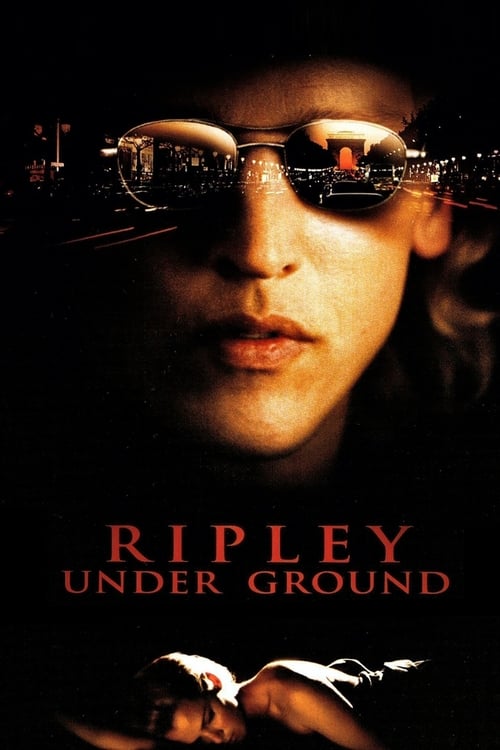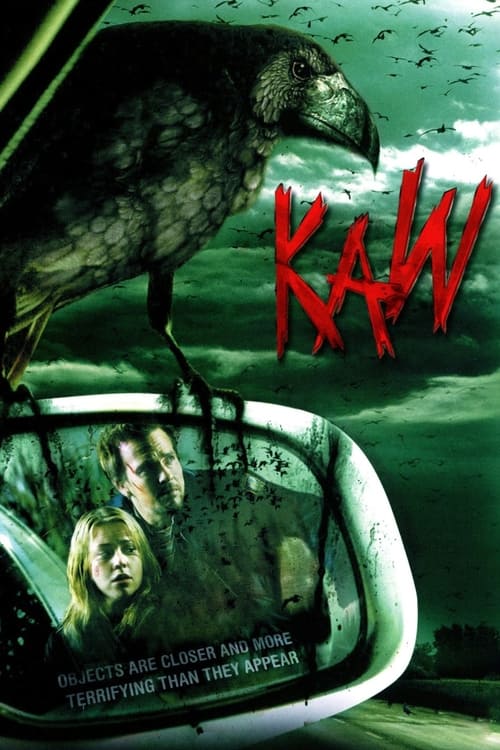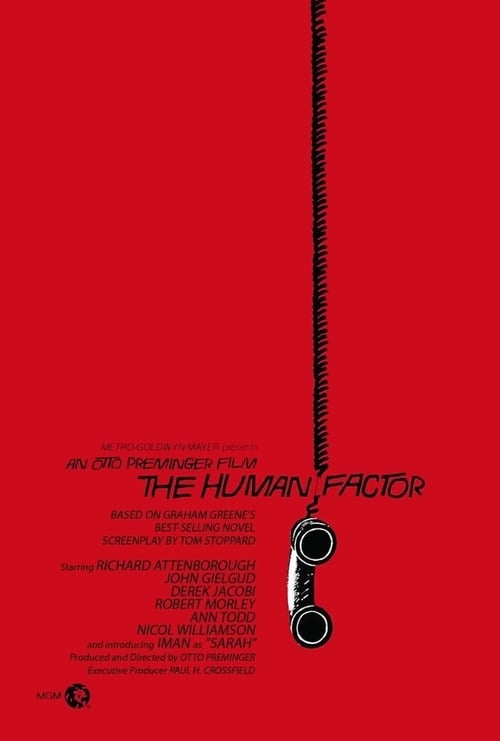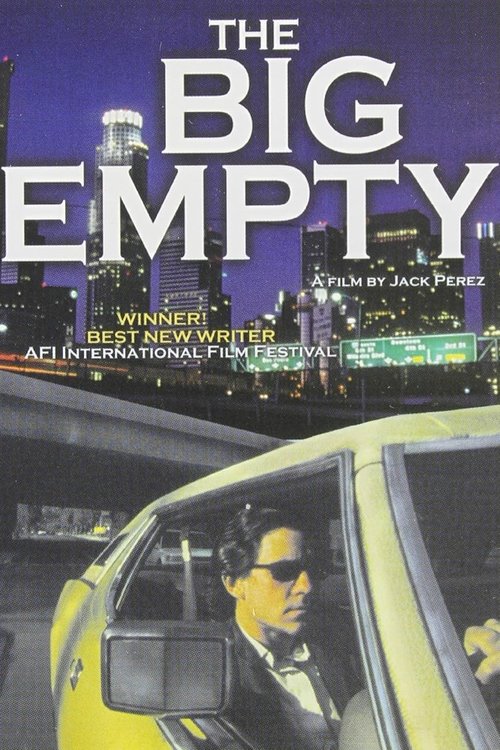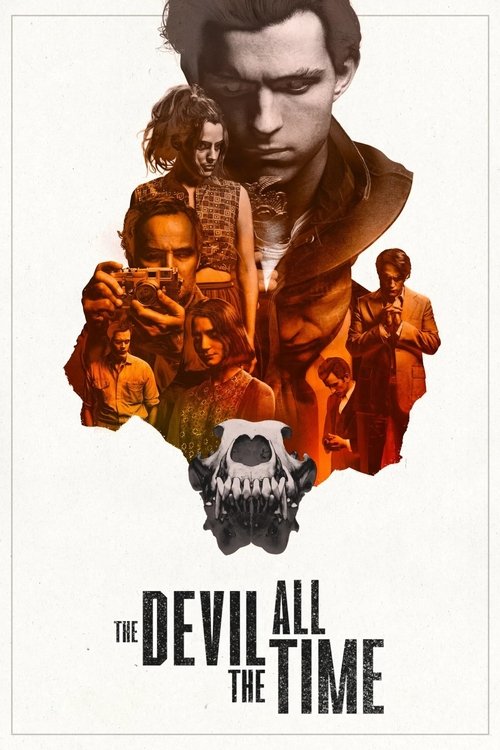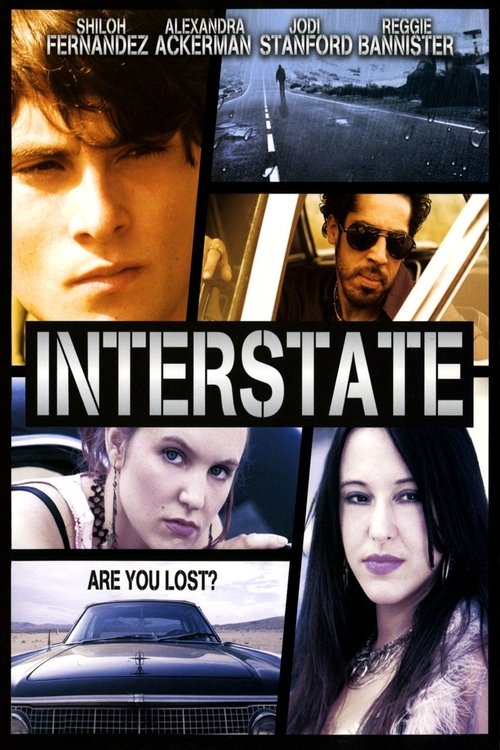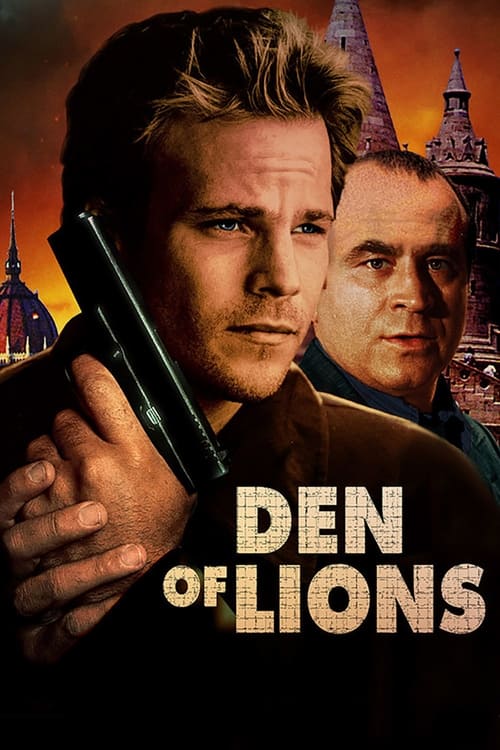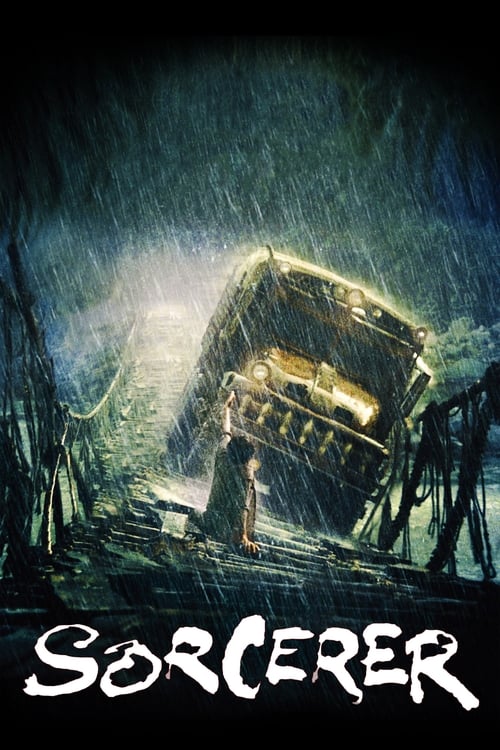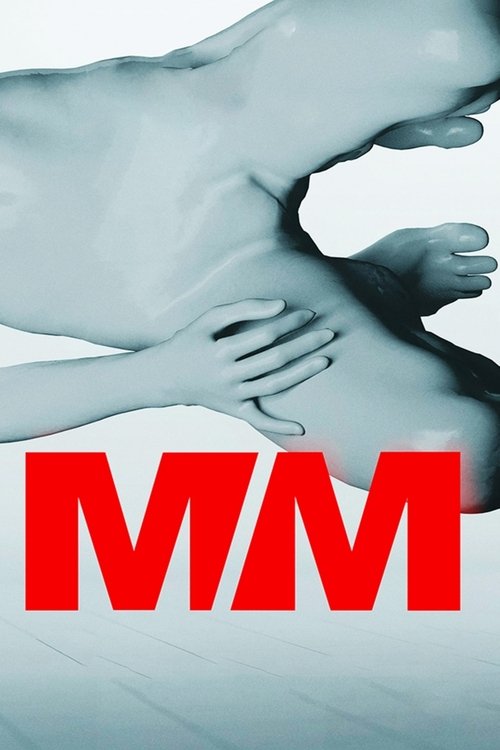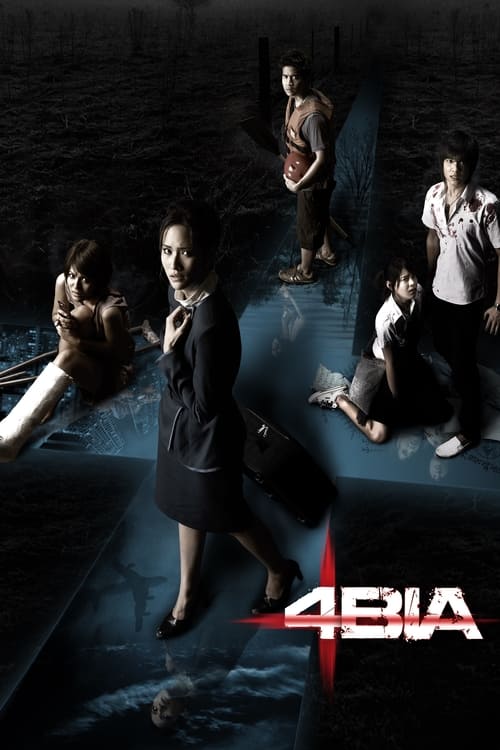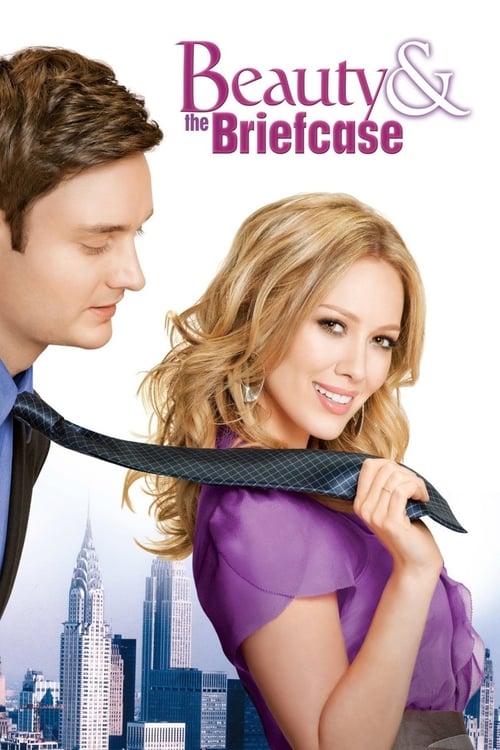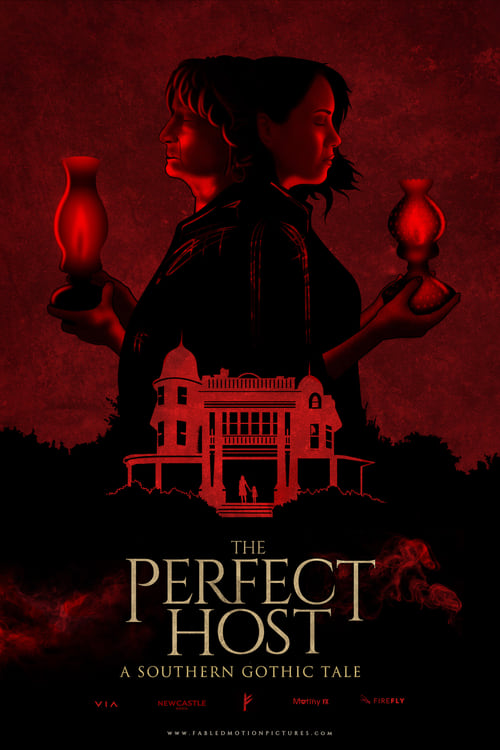
Beloved
1998

Story of a young woman who marries a fascinating widower only to find out that she must live in the shadow of his former wife, Rebecca, who died mysteriously several years earlier. The young wife must come to grips with the terrible secret of her handsome, cold husband, Max De Winter. She must also deal with the jealous, obsessed Mrs. Danvers, the housekeeper, who will not accept her as the mistress of the house.
Alfred Hitchcock
Maxim de Winter
Mrs. Danvers
Jack Favell
Mrs. de Winter
Major Giles Lacy
Frank Crawley
7/24/2019
10/10
Do you think the dead come back and watch the living? Rebecca is directed by Alfred Hitchcock and adapted to screen play from the Daphne du Maurier novel of the same name. It stars Laurence Olvier, Joan Fontaine and Judith Anderson. Cinematography is by George Barnes and music scored by Franz Waxman. After meeting and marrying 'Maxim' de Winter (Olivier), the Second Mrs. de Winter (Fontaine), finds life at his English estate, Manderley, far from comfortable because the servants and the house serve to remind her of the first Mrs. de Winter, whose death remains a source of mystery. What did happen to the first lady of the house? Can this newly married couple survive the oppressive cloud that looms large over the mansion? A Gothic emotional near masterpiece, Alfred Hitchcock's first American film may seem a bit too serviceable at times, something he was also aware of himself, but the production values are high and the story is played out supremely well. Within the story we can find Hitchcock's now famous trait of mistrusting Women, but in the main it stays the tragic tale of one young woman living in the ominous shadow of the previous Mrs. De Winter. Mood is often set as foreboding, with the director understanding the psychological pangs of the source material once the action switches to the de Winter home of Manderley. It arguably is a touch too long, and the restraint of Hitchcock, down to producer David O. Selznick overseeing things, stops it being a bit more unnerving than it should be. For Manderley the mansion here is one of the finest put on the screen, this is because Hitchcock and brilliant cinematographer George Barnes manage to make it bold & beautiful one minute, and then the next scene it comes off as a monolithic nightmare. It's wonderful case of the surroundings playing the extra character for maximum effect. Laurence Olivier is impressive, even if we would learn later on that this is the sort of performance he could do in his sleep. The supporting cast do great work as well, especially as regards the cold and terrifying turn from Judith Anderson as Mrs. Danvers. However, to me this will always be Joan Fontaine's show, she nails it perfectly, the new Mrs. De Winter wants to do right but can't seem to so for doing wrong, she infuriates at times, yet the next minute you just want to hold her, for she's so vulnerable, but beautifully so, it's a brilliant performance in a brilliant film. The ending is a switheroo from the novel, and it almost derails the success the film has achieved up to that point. And looking at it now it's hard not to curse the Production Code for enforcing a big change to what was revealed in du Maurier's wonderful novel. But the film has survived the "appeasing" ending to stand the test of time for all the ages. It won the Academy Award for Best Picture, and Barnes also won for Best Black & White Cinematography, it was nominated for a further nine awards, including Best Director, Best Actor, Best Actress and Best Supporting Actress. No nomination for Waxman, sadly, but his score is worthy of a mention for the evocative strains that sit nicely with the tone of the story. Rebecca, a hauntingly beautiful picture that's acted and produced with consummate skill. 9.5/10
6/23/2022
8/10
We saw this quite recently on the big screen at Somerset House in London. One of those outdoor screenings - and the fact that it poured with rain on hundreds of us didn't matter one jot (though the hampers got quite sodden). Olivier and the eerily stupendous Judith Anderson provide the ultimate in sophisticated horror partnerships and make this by far my favourite Hitchcock film. Joan Fontaine is an expert at conveying the naive, adoring vulnerability of the second "Mrs. de Winter", combatting a foe she cannot hope to defeat and George Sanders is almost as sinister as he makes up the quartet in this bleak, frightening and totally enthralling two hours of cinema.
4/12/2024
10/10
**One of the greatest films of Hitchcock's career.** Alfred Hitchcock was truly a master, and there are not many directors who can present a CV so vast, so rich and so deserving of acclaim. Ironically, he did not win a single Oscar for his work as a director and even this film, which was one of the most awarded in his work, only won two Oscars (Best Film and Best Black-and-White Cinematography) at the 1941 ceremony. The film was produced by David O. Selznick through his own studio, which was then busy completing and releasing “Gone With the Wind”. He had acquired the film rights to the original novel, by Daphne du Maurier, and hoped that Hitchcock would be faithful to the material. He reluctantly agreed, but imposed his deeply detailed working methods, significantly delaying filming, which was just one of the points of friction between producer and director. Things got to the point where Hitchcock banned Selznick from “his” studio and prevented his interference, filming only what he thought he was going to use in order to restrict the final cut. It goes without saying, I believe, that Hitchcock gave us another memorable work worthy of every cinephile's bookshelf. The cinematography, in black and white, is modeled with great care and beauty, using some very innovative techniques for the time. The soundtrack also works wonderfully and is very atmospheric. The mansion's sets and costumes were also points in which the production invested a lot and applied itself, in order to provide greater realism. It appears that the exterior of the house was, in fact, a scale model. The script is impressively effective: after a quick courtship, a very rich man marries a young woman from modest origins and takes her to his impressive mansion. However, he was a recent widower, and the house is filled with disturbing memories of his previous marriage, as if his first wife still roams around, and could become a palpable presence that threatens to tear the couple apart. There are more elements in between, such as the housekeeper's strange obsession with her previous boss, to whom she devoted a bizarre loyalty, and the deepening of the mysteries leads to a surprising ending, so it's worth not reading anything about the film before watching see it in its entirety. Of course, if we think about it, it becomes incomprehensible that, with a new wife, that man kept the housekeeper in his house, along with all the objects that belonged to the deceased... Joan Fontaine was chosen for the main character, giving us a quality, very convincing performance. She seems to be on the verge of a nervous breakdown for a huge period of time and that is what certainly earned her the Oscar for Best Actress for this work, one of the best in her career. Laurence Olivier also does a good job and, despite hating Fontaine's choice (he pressured the production to give the role to his real-life partner, Vivien Leigh) and not having a good, friendly relationship with her colleague, he is extraordinarily competent when they are on stage together. Judith Anderson also deserves praise for her work.
5/29/2024
8/10
We saw this quite recently on the big screen at Somerset House in London. One of those outdoor screenings - and the fact that it poured with rain on hundreds of us didn't matter one jot (though the hampers got quite sodden). Olivier and the eerily stupendous Judith Anderson provide the ultimate in sophisticated horror partnerships and make this by far my favourite Hitchcock film. Joan Fontaine is an expert at conveying the naive, adoring vulnerability of the second "Mrs. de Winter", combatting a foe she cannot hope to defeat and George Sanders is almost as sinister as he makes up the quartet in this bleak, frightening and totally enthralling two hours of cinema.
1998
1996
2003
1946
1944
2025
2005
2007
1979
1997
2020
2007
2003
1977
2018
2008
2010
2009
2010
2018
